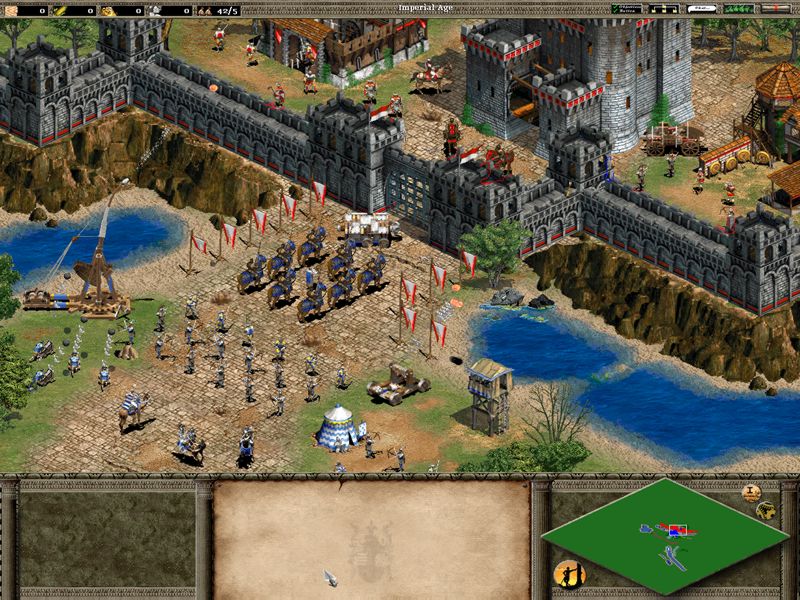Games as learning tools
Playing games teaches and influences people, if they like it or not. Do games have to be purely entertainment? You can still have fun whilst learning something new.

Every game teaches the player. Whether teaching a control system or a play strategy, through tutorials or a learning curve, the player get used to the game gradually by playing it.
When a player gets good at a game, they are simply practising these methods repeatedly until it becomes second nature. A player who is regarded as "skilful" at a game has clearly spent longer playing it than others (or other games that utilise the same systems and/or control methods).
When a game utilises an educational aspect as part of its gameplay, the player will learn in the same way.
Dr kawashima's brain training fools people into thinking they are getting smarter, when what they are really doing is repeatedly going over the same type of problem and strategies until they get good at them (or at least a little faster).

Yey! i counted to 11! That was quicker than last time... probably
The difference between playing this game and sitting down with a book of math problems to solve, is the incentive or "fun factor."
Nintendo has caught on quickly with this, producing millions in revenues from games like WiiFit and WiiSports.

These people look wealthy enough to play all these sports in real life
Get outside! Since when has jogging on the spot become so hard! You don't need £100s worth of equipment to throw a Frisbee! It's pure laziness. But then it's surly not the activities which attract the players.
I ask you; why would anyone want to spend £30 odd on a game where you cook virtual food, in a virtual kitchen? I can tell you now it isn't because they don't have access to a real kitchen or that they enjoy cooking. It is the activities and the way in which the information is presented that makes you come back for more.

Beat that meat
Games seem to be purely entertainment and haven't managed to break the mould in many ways. Fair enough we get the odd "games as art" (at least the game equivalent) and games that utilise historical and cultural information, such as Age of Empires, but none of them are focused on teaching this information, only using it as a means to an end (such as story progression).

Historical gaming at it's best
Think of an encyclopaedia made up of games, where each game focuses on one aspect of information and tries to utilise it as learning outcome, using a scenario you would expect whatever the information is to apply to.
Endless possibilities are there. Utilising factual information in a fun way, where the goal is to teach that information without the player realising it. It is just up to Devs to make them work and sell
Read more about:
BlogsAbout the Author
You May Also Like









